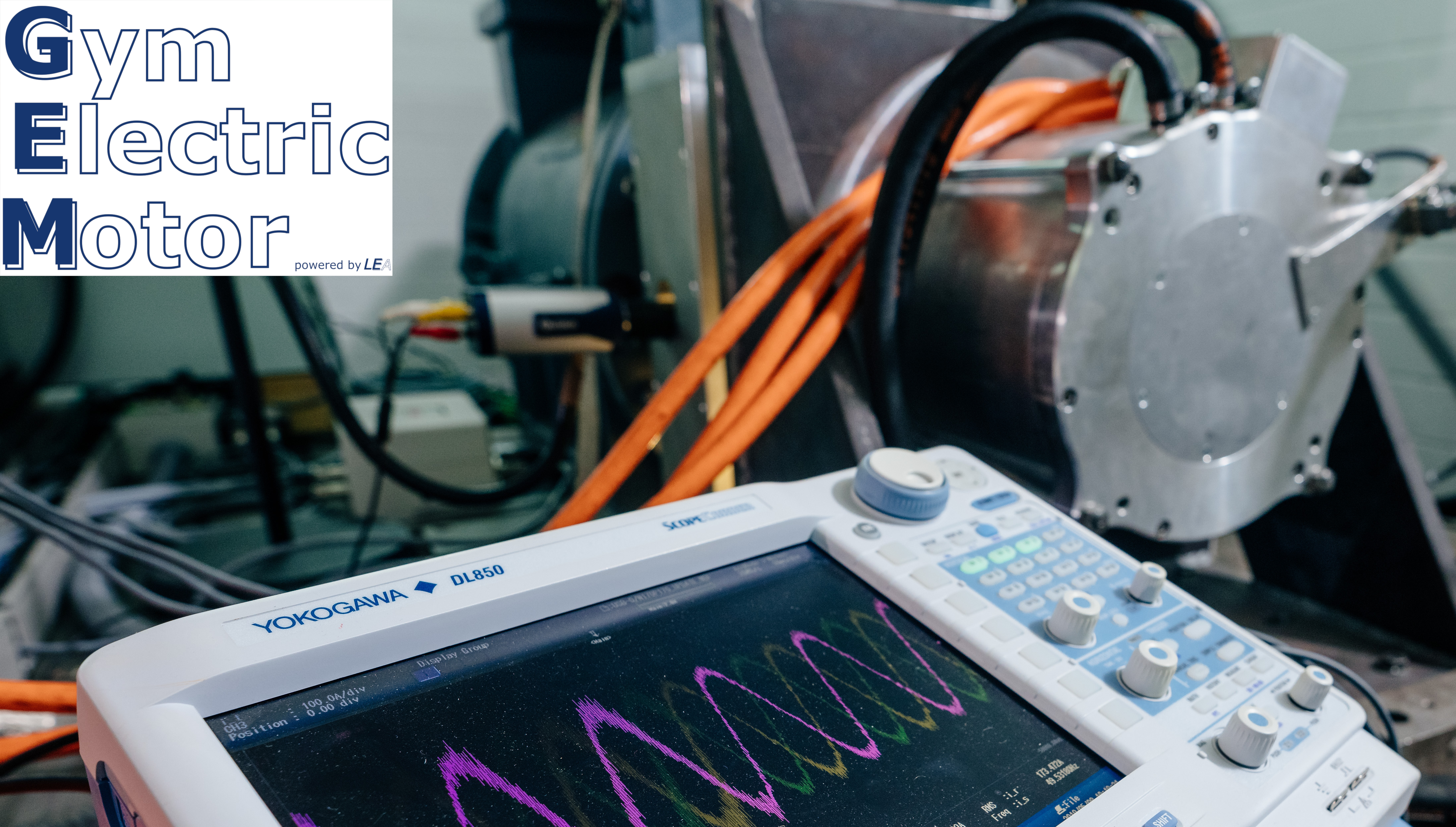Towards a Reinforcement Learning Environment Toolbox for Intelligent Electric Motor Control
Electric motors are used in many applications and their efficiency is strongly dependent on their control. Among others, PI approaches or model predictive control methods are well-known in the scientific literature and industrial practice. A novel approach is to use reinforcement learning (RL) to have an agent learn electric drive control from scratch merely by interacting with a suitable control environment. RL achieved remarkable results with super-human performance in many games (e.g. Atari classics or Go) and also becomes more popular in control tasks like cartpole or swinging pendulum benchmarks. In this work, the open-source Python package gym-electric-motor (GEM) is developed for ease of training of RL-agents for electric motor control. Furthermore, this package can be used to compare the trained agents with other state-of-the-art control approaches. It is based on the OpenAI Gym framework that provides a widely used interface for the evaluation of RL-agents. The initial package version covers different DC motor variants and the prevalent permanent magnet synchronous motor as well as different power electronic converters and a mechanical load model. Due to the modular setup of the proposed toolbox, additional motor, load, and power electronic devices can be easily extended in the future. Furthermore, different secondary effects like controller interlocking time or noise are considered. An intelligent controller example based on the deep deterministic policy gradient algorithm which controls a series DC motor is presented and compared to a cascaded PI-controller as a baseline for future research. Fellow researchers are encouraged to use the framework in their RL investigations or to contribute to the functional scope (e.g. further motor types) of the package.
PDF Abstract


 OpenAI Gym
OpenAI Gym